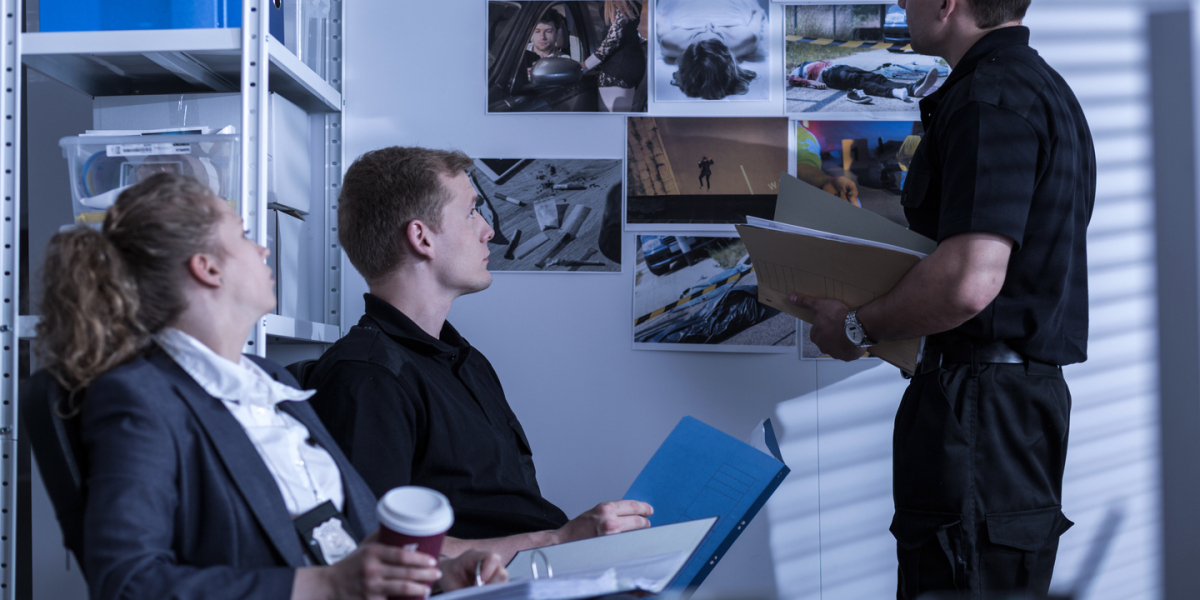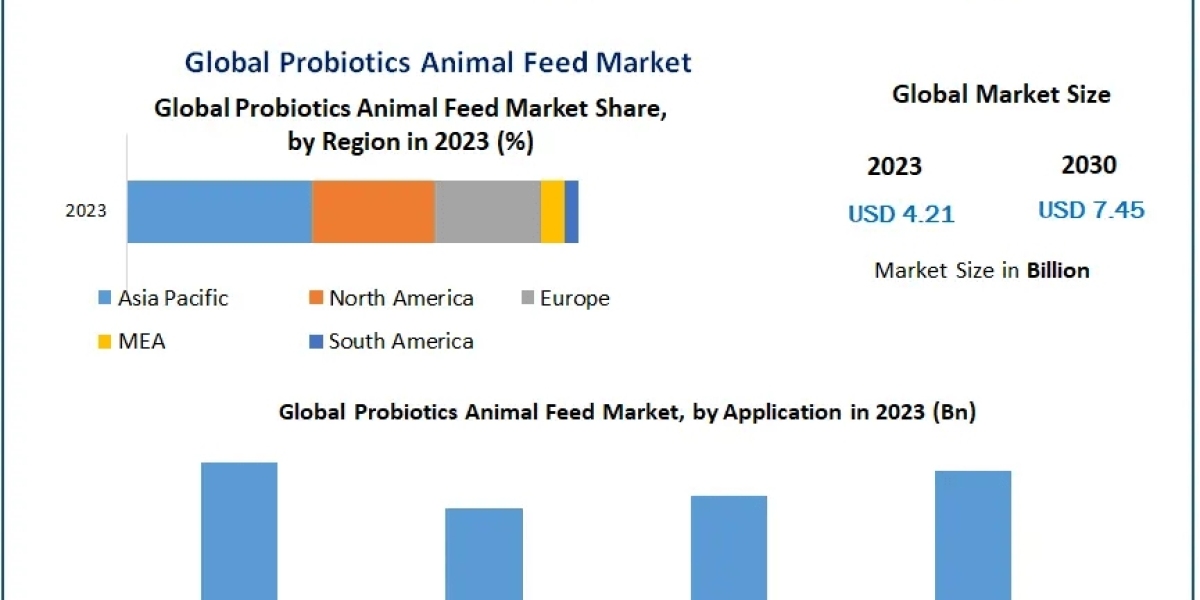What Are Counter Surveillance Services?
Counter surveillance services refer to the measures and techniques designed to detect and prevent unwanted surveillance. This can include surveillance by malicious individuals, corporate spies, or even government agencies that may use advanced tools to track, eavesdrop, or gather confidential information.
Counter surveillance services typically involve experts using advanced technologies to identify hidden devices like cameras, microphones, GPS trackers, or other surveillance tools that could compromise privacy. These services are increasingly popular among businesses, high-profile individuals, and organizations that deal with sensitive information.
Some common types of counter surveillance services include:
- Bug Sweeping: Detecting hidden microphones or audio recording devices that may be used to gather confidential conversations.
- Hidden Camera Detection: Identifying hidden cameras in offices, homes, and even public spaces.
- GPS Tracker Detection: Ensuring vehicles or personal devices are not being tracked without consent.
- Wi-Fi and Network Scanning: Finding and removing unauthorized connections to corporate or personal networks to prevent data leaks.
What is Technical Surveillance Countermeasures (TSCM)?
Technical Surveillance Countermeasures (TSCM) refers to the process of protecting sensitive environments from technical surveillance threats. TSCM services involve using highly specialized equipment and methodologies to detect, analyze, and neutralize eavesdropping threats, such as wiretapping, hidden cameras, or malicious software.
A TSCM expert employs sophisticated tools, such as radio frequency (RF) detection devices, thermal imagers, and spectrum analyzers, to perform a comprehensive sweep of an area. These countermeasures are essential for ensuring that confidential conversations or corporate information remains private, away from prying eyes and ears.
Key aspects of TSCM include:
- Physical Sweeps: Experts physically inspect environments, such as offices, homes, or vehicles, for suspicious devices or modifications.
- Electromagnetic Sweeps: Using RF detectors, they scan for electromagnetic emissions from hidden devices that could transmit information wirelessly.
- Phone Line and Network Sweeps: Ensuring that phone systems, computer networks, and communication tools are not being monitored through spyware or wiretapping.
- Thermal Imaging: This technique detects hidden devices based on their heat signatures, often revealing cameras or recording devices concealed within walls or furniture.
Why Counter Surveillance and TSCM Are Important
Surveillance threats have become more sophisticated over time, and simply relying on basic security measures is no longer enough. Both counter surveillance services and Technical Surveillance Countermeasures offer peace of mind by providing professional, thorough inspections of potentially vulnerable spaces.
Protecting Businesses
For businesses, especially those dealing with proprietary data or high-profile clients, the risk of espionage or data theft is real. Corporate espionage can lead to financial losses, reputational damage, and even legal consequences if sensitive data is leaked. By using TSCM and counter surveillance services, companies can secure their workspaces, protect intellectual property, and ensure their conversations remain private.
Personal Security
High-profile individuals, such as celebrities or politicians, are often targets of unauthorized surveillance. Hidden cameras or GPS trackers may be used by malicious actors to monitor their every move. Counter surveillance services help safeguard personal privacy, ensuring that individuals are not being monitored without their consent.
Government and Legal Protection
Government agencies and law enforcement also rely on Technical Surveillance Countermeasures to secure sensitive discussions, prevent leaks of classified information, and protect against espionage. In the legal field, counter surveillance services ensure that attorney-client privilege is upheld, and confidential conversations remain secure.
When Should You Consider Counter Surveillance and TSCM?
You should consider counter surveillance services and TSCM if:
- You are handling sensitive information, such as proprietary technology or legal cases.
- You suspect unauthorized monitoring of your office, home, or vehicle.
- You are in a position where privacy is critical, such as an executive or a public figure.
- You have experienced a security breach and want to ensure that no monitoring devices are in place.
For organizations and individuals alike, taking proactive steps by hiring experts in counter surveillance services and TSCM can save significant damage down the line.
Conclusion
In a world where surveillance technologies are becoming more accessible and advanced, the need for counter surveillance services and Technical Surveillance Countermeasures (TSCM) is growing. Whether for personal privacy, corporate security, or government protection, these services provide crucial defense against unwanted monitoring and espionage.
By partnering with experienced professionals in TSCM, you can secure your sensitive spaces and ensure that private conversations and data remain confidential.









